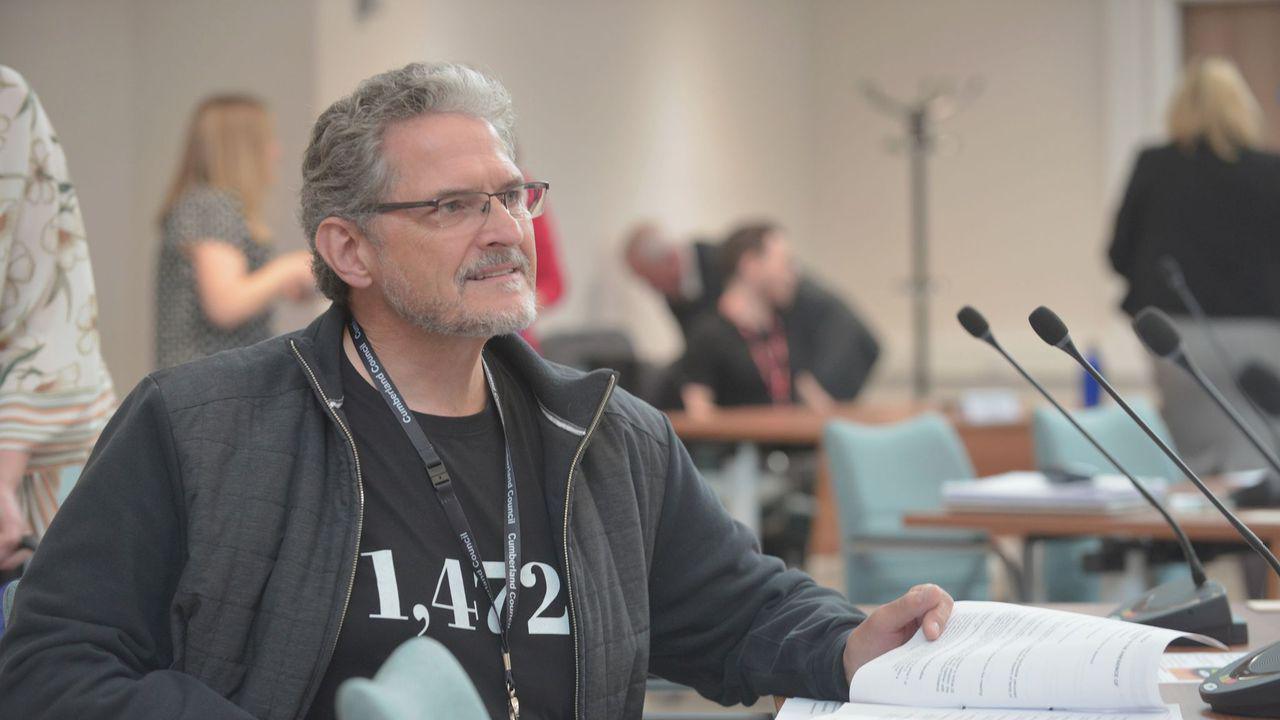Hope WhatsApp can save black men at risk of cancer
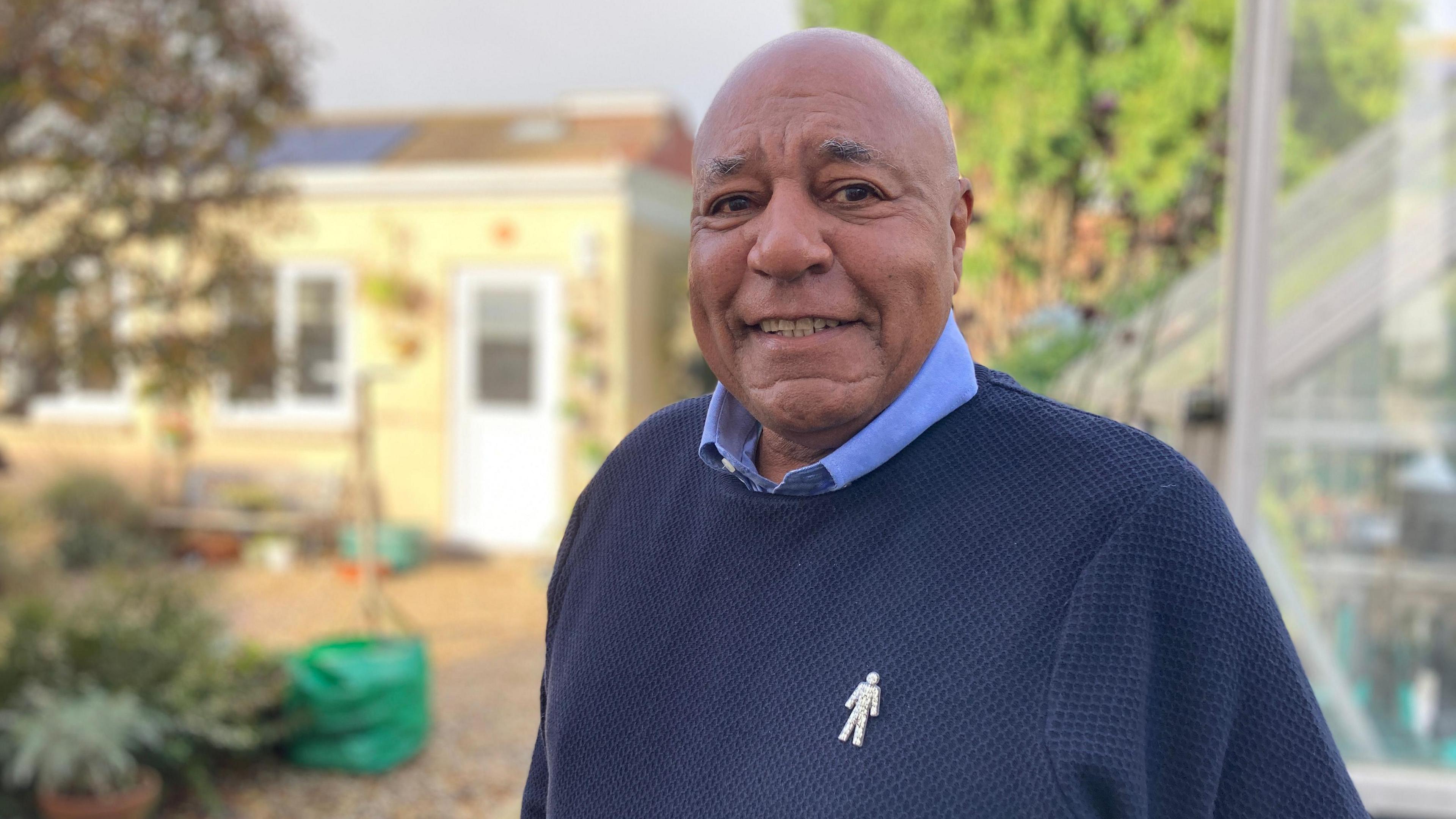
Julian Delaney is "making the most of life" eight years after his prostate cancer diagnosis
- Published
Researchers hope to find out if WhatsApp group chats can save the lives of black men at risk of prostate cancer.
One in four black men will be diagnosed with prostate cancer, compared to one in eight white men and one in 13 men of other ethnicities, according to Prostate Cancer Research.
Many are not aware of this high risk, according to Steve Khaireh, a Cardiff community worker involved in the research, adding that "they don't listen to health professionals".
Now Dr Sarah Fry is leading research, working with men in Cardiff, to assess the value of sharing health information through WhatsApp with at-risk groups.
Receiving a nudge to get tested from someone other than a medical professional is something Julian Delaney from Rhoose, Vale of Glamorgan, is thankful for.
In 2016 he attended a talk at the Rotary Club where he was urged to get a test, setting in motion a chain of events the 73 year-old had not foreseen.
How (some) social media use can be good for teens
- Published8 April 2023
Men's sanitary bin campaign launched by charity
- Published6 November 2024
'Black men should get tested for prostate cancer'
- Published18 November 2024
With no symptoms, he admits he thought cancer "wouldn't happen to him".
"When people tell you you've got prostate cancer it terrifies you," he explains.
"But I asked a lot of questions, I researched and spoke to as many people I could."
Julian decided to have his prostate removed and has been cancer free ever since.
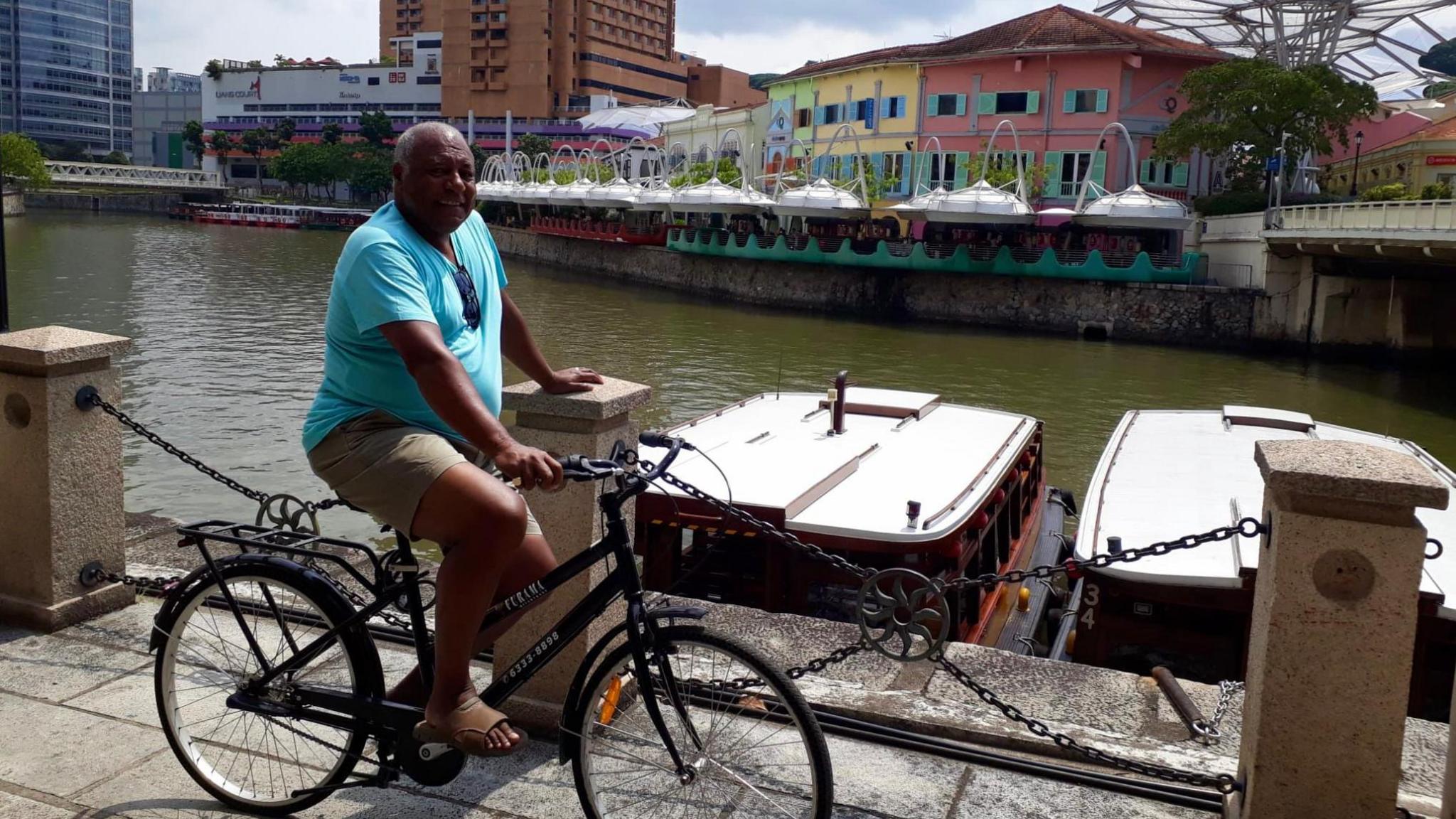
Julian said he had been able to "get on with life since I've had the operation", including trips to Bali, Spain and Singapore
His experience meant the former British Gas worker advised his three brothers to get tested and even had to tell one of them to return to the GP when the doctor told him he did not need one.
"It's a lack of knowledge in a lot of cases, they say to ask questions but if you don't know the questions to ask, you're stuck."
Dr Fry's study was influenced by her time as a research nurse in Velindre Cancer Centre where she realised there were very few black men in her clinics.
She now has funding from Cancer Research UK for this small pilot project.
It will be led by men in the community, following her previous research which suggested men from different ethnic communities were more likely to respond positively to health information shared between friends.
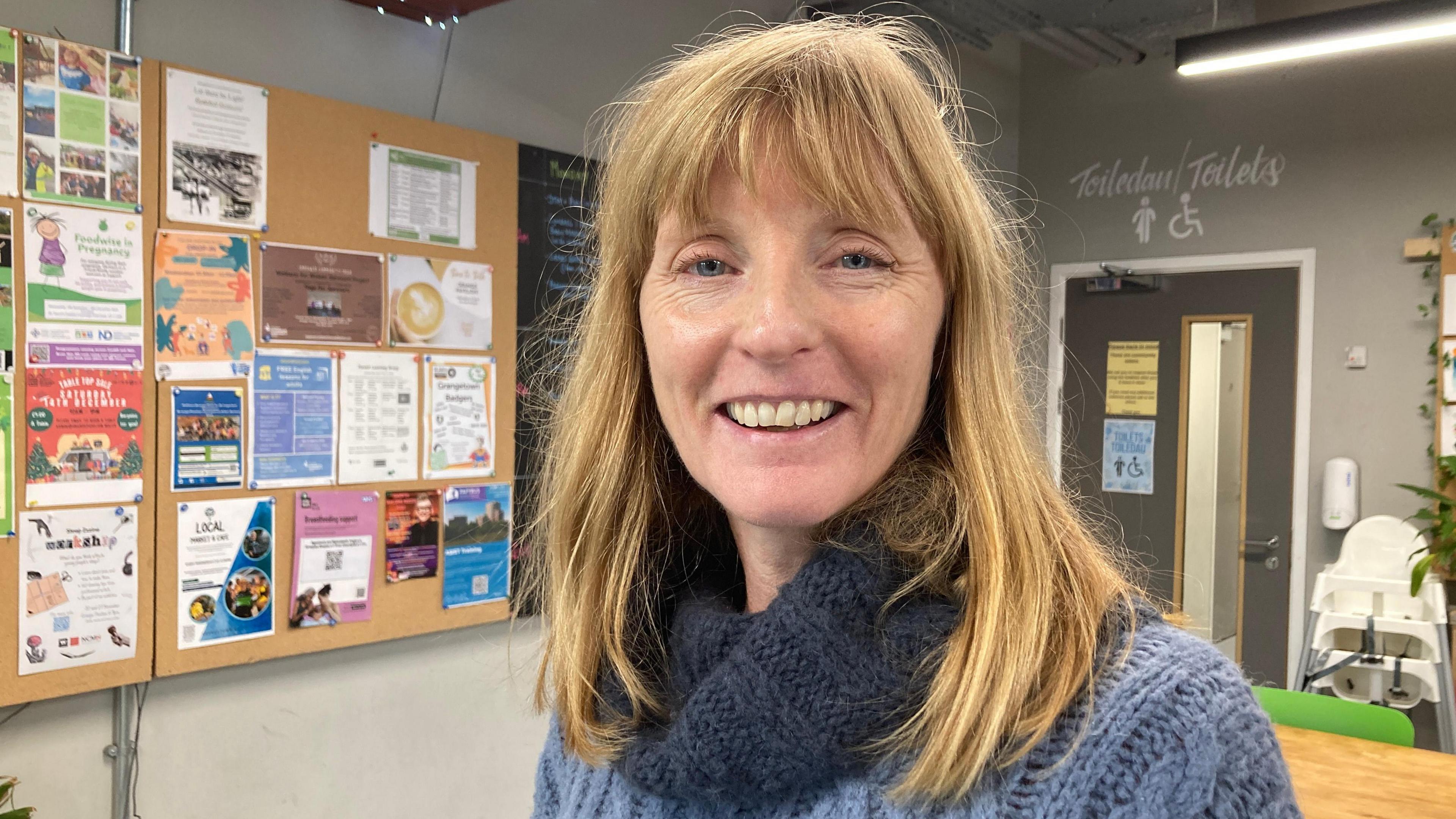
Dr Sarah Fry from Cardiff University hopes a new way of spreading awareness can ultimately save lives
"Having information between friends was more effective than a GP sharing it, they were more likely to say 'ooh perhaps this is something I need to think about'," she said.
"When I did my PhD I also worked with groups of white men and they were much more open in saying 'I have this wrong with me, I've sought help individually' rather than we need to help each other."
If the pilot is a success, it is hoped it could be scaled up and eventually run alongside a national screening programme, external.
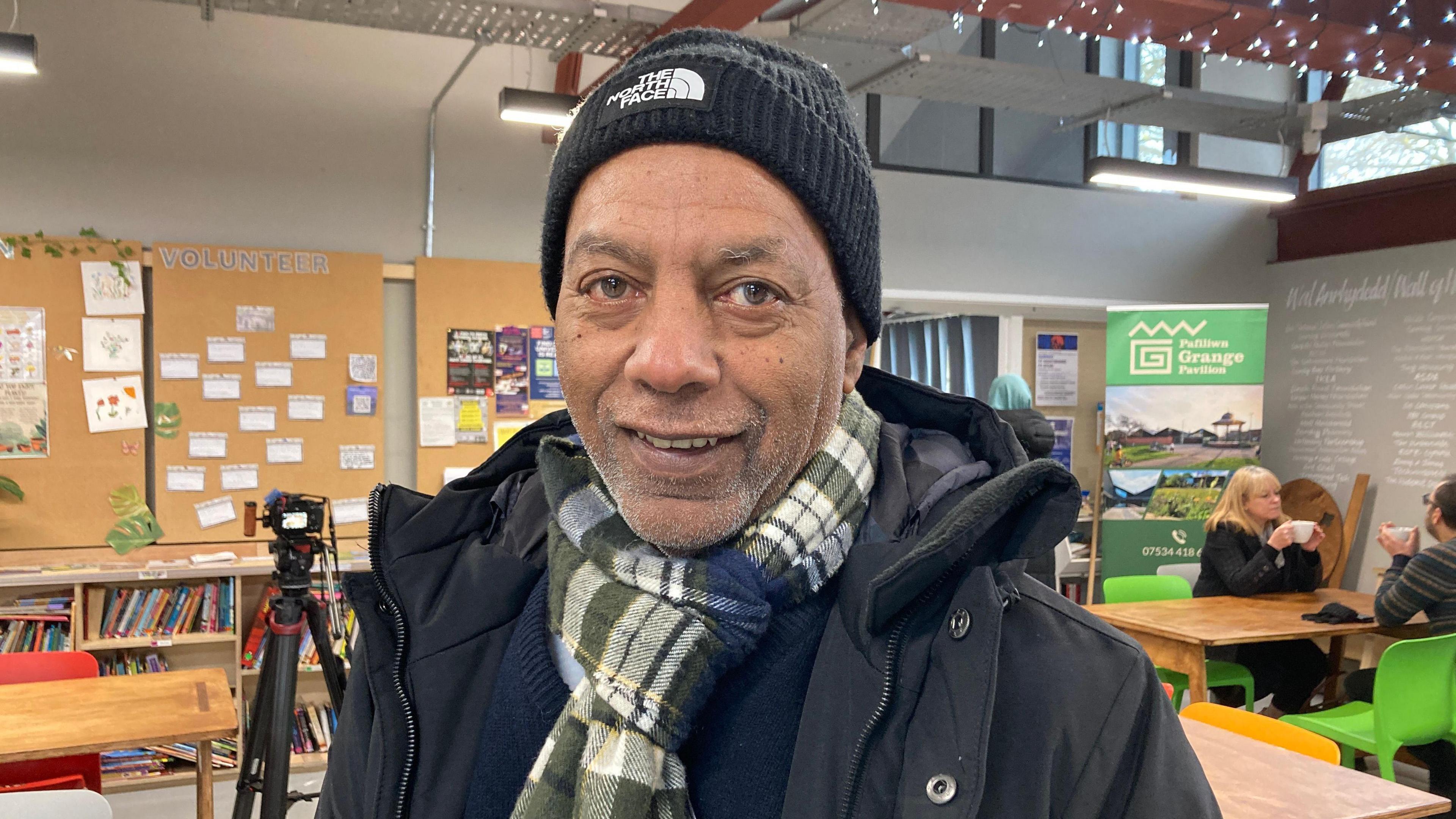
Steve Khaireh says it is vital that men in his community know they are more at risk
Steve, who works in the Grangetown, Riverside and Butetown areas of the capital, will be organising one of the messaging groups.
He said the plan made sense on a number of levels: "Most health professionals speak proper Queen's English but what you find in our community is there are a variety of slang languages that people speak, street language - that's really important in getting the message across in a language they understand."
However it is communicated, the basic message, he believes, is the same.
"If you're over 50, get tested. Simple."
Related topics
- Published24 November 2024
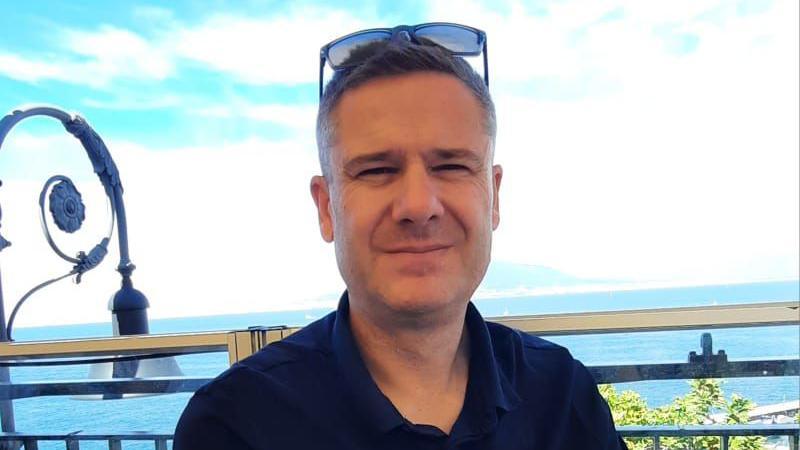
- Published19 November 2024
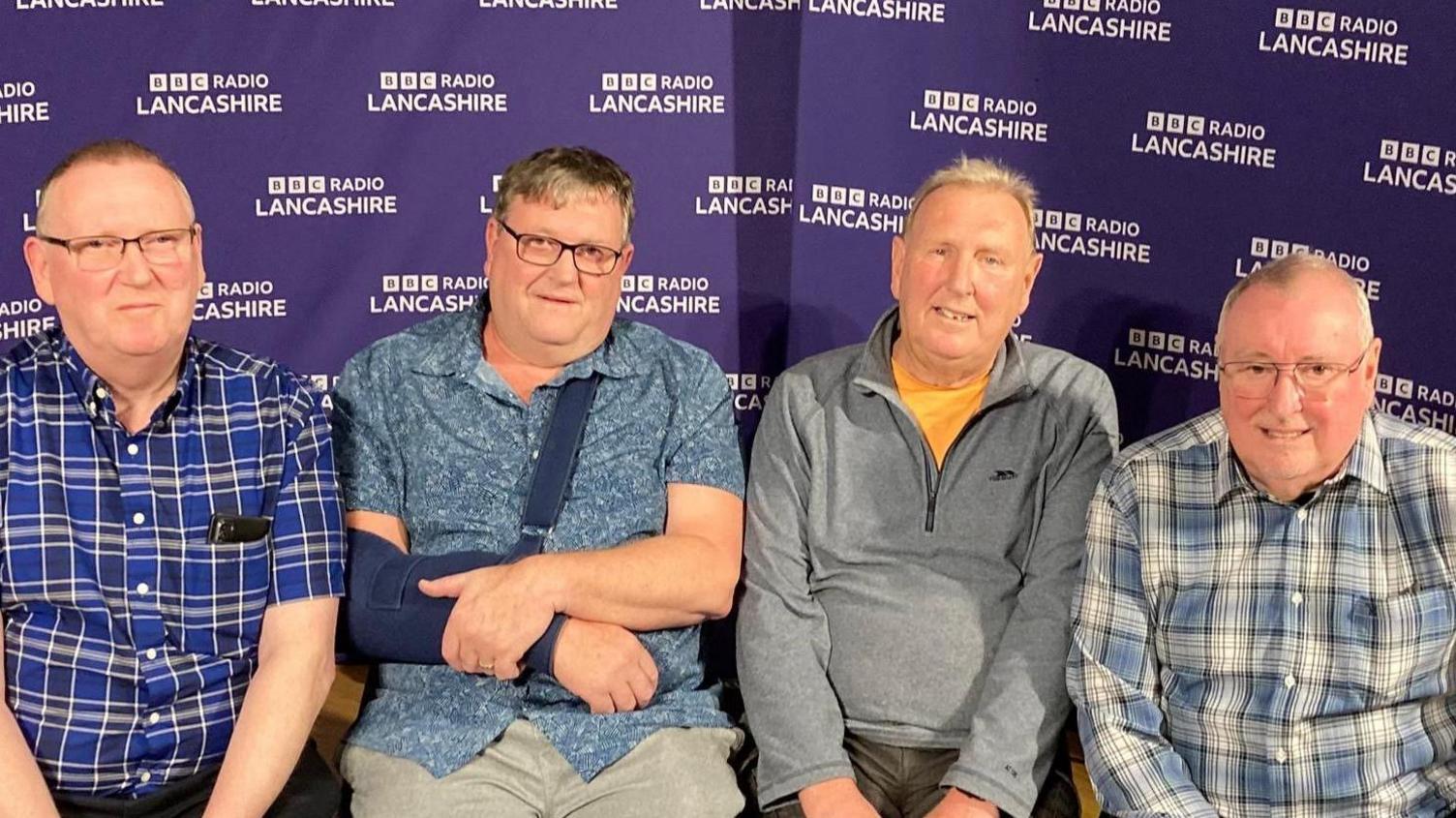
- Published16 November 2024
